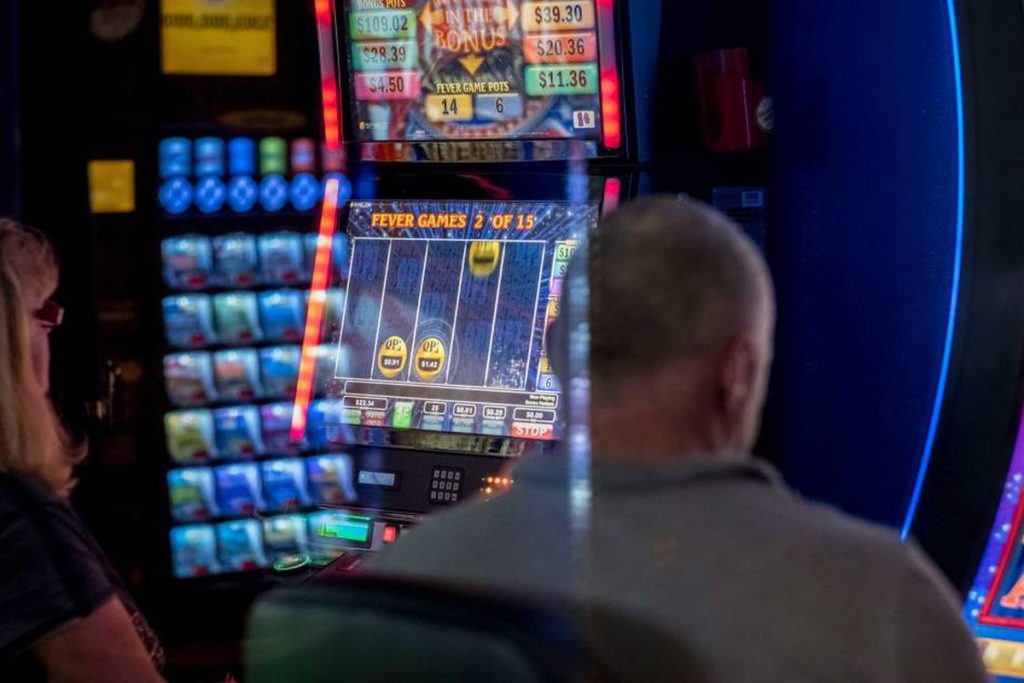In the realm of online entertainment, where every click promises an adventure, one platform stands out for its commitment to delivering enchantment straight to your screen. With a flourish of excitement and a sprinkle of innovation, the latest offerings from our online slot website are set to captivate players like never before. Prepare to be spellbound as we unveil a collection of spectacular new games that will transport you to realms beyond imagination. From the mystical allure of ancient civilizations to the dazzling lights of the big city, there is something for every taste and preference. First up on our magical journey is Treasures of Atlantis, a visually stunning slot game that plunges players into the depths of the legendary underwater city. With shimmering reels adorned with sea creatures and sunken treasures, this game promises an immersive experience like no other. Dive deep and uncover untold riches as you explore the mysteries of the lost civilization.

For those who prefer a more fast-paced adventure, Neon Nights offers an electrifying ride through the neon-lit streets of a bustling metropolis. Set against a backdrop of skyscrapers and flashing lights, this game pulses with energy and excitement. With its slick design and dynamic gameplay, Neon Nights is sure to keep players on the edge of their seats as they chase big wins beneath the glow of the city lights. But the magic does not stop there. With a nod to the classics, our latest lineup also includes timeless favorites with a modern twist. Fruit Frenzy Deluxe takes the beloved fruit machine concept and elevates it to new heights with vibrant graphics and thrilling bonus features. Get ready to sink your teeth into juicy wins as you spin the reels and watch the fruits come to life. And for those who crave a taste of adventure, Lost Jungle Expedition offers an exhilarating journey through untamed wilderness in search of hidden treasures. Navigate through dense foliage and encounter exotic wildlife as you uncover ancient relics and unlock bonus rounds packed with excitement.
But what truly sets our online slot website apart is our commitment to delivering a seamless and immersive slot situs pov88 gaming experience. With state-of-the-art technology and cutting-edge graphics, our games are designed to transport players to worlds beyond their imagination. Whether you are playing on your desktop, tablet, or mobile device, you can expect nothing less than perfection from our platform. So why wait? Head to your favorite online slot website today and see what all the fuss is about. The adventure awaits! So why wait? Experience the magic for yourself and embark on an unforgettable journey through the realms of adventure and excitement. With our spectacular new games, the possibilities are endless and the thrills are limitless. Join us today and let the enchantment begin!




